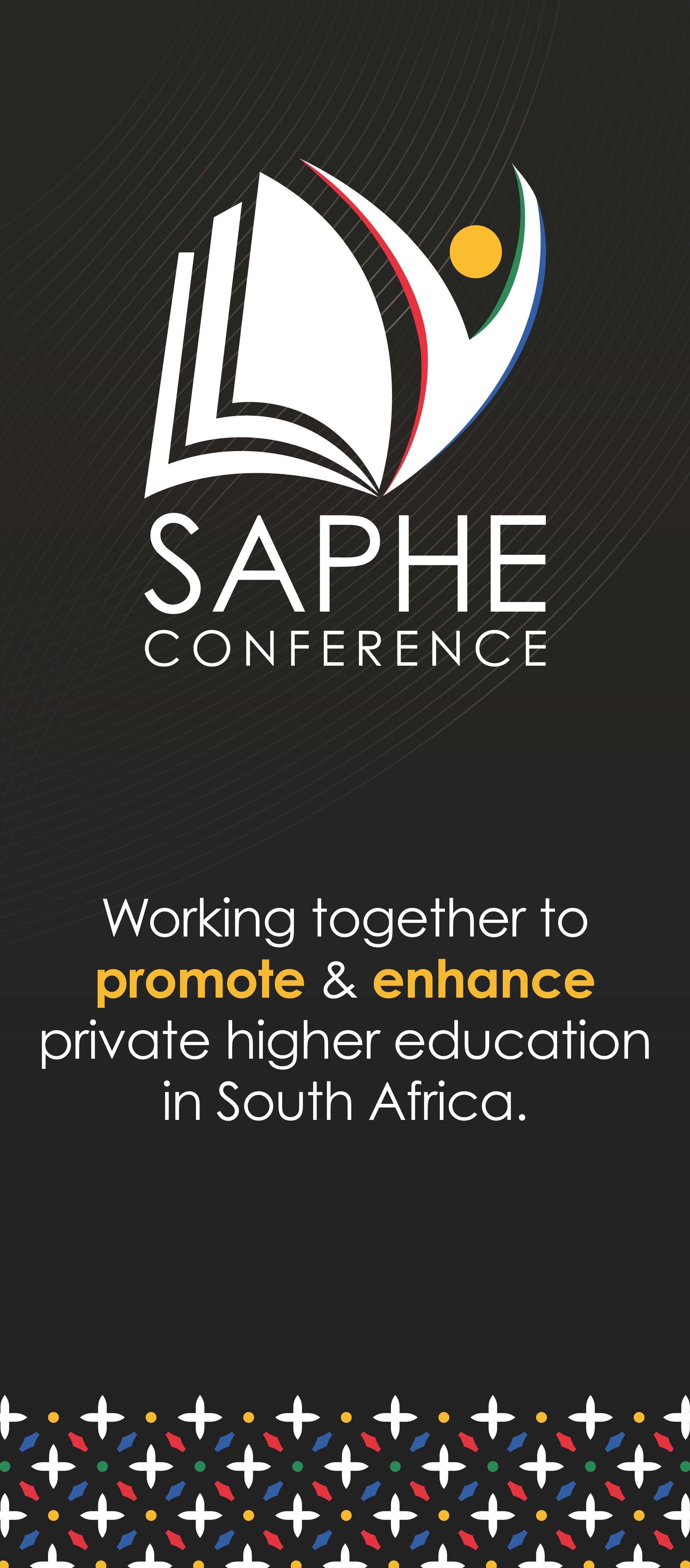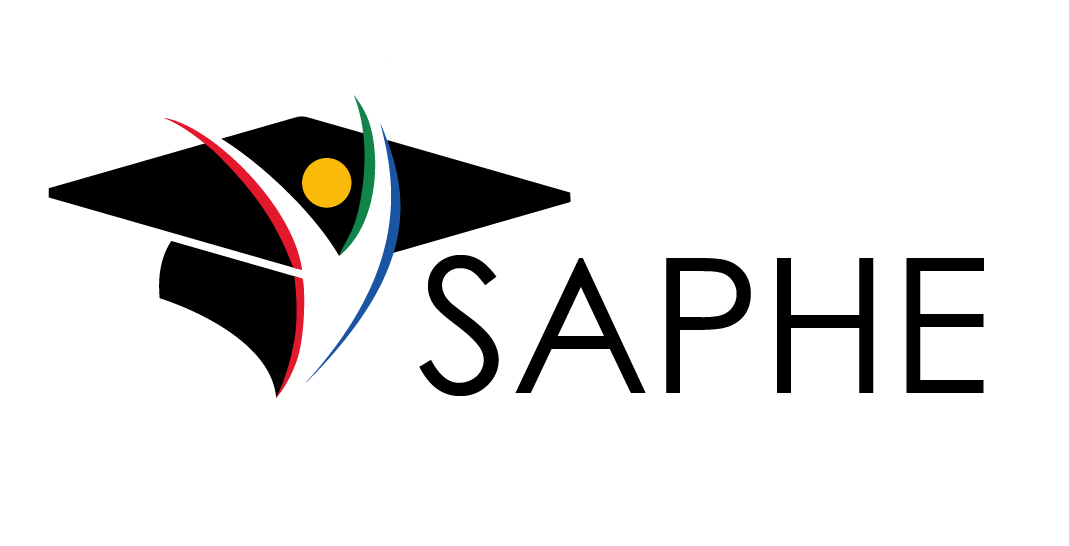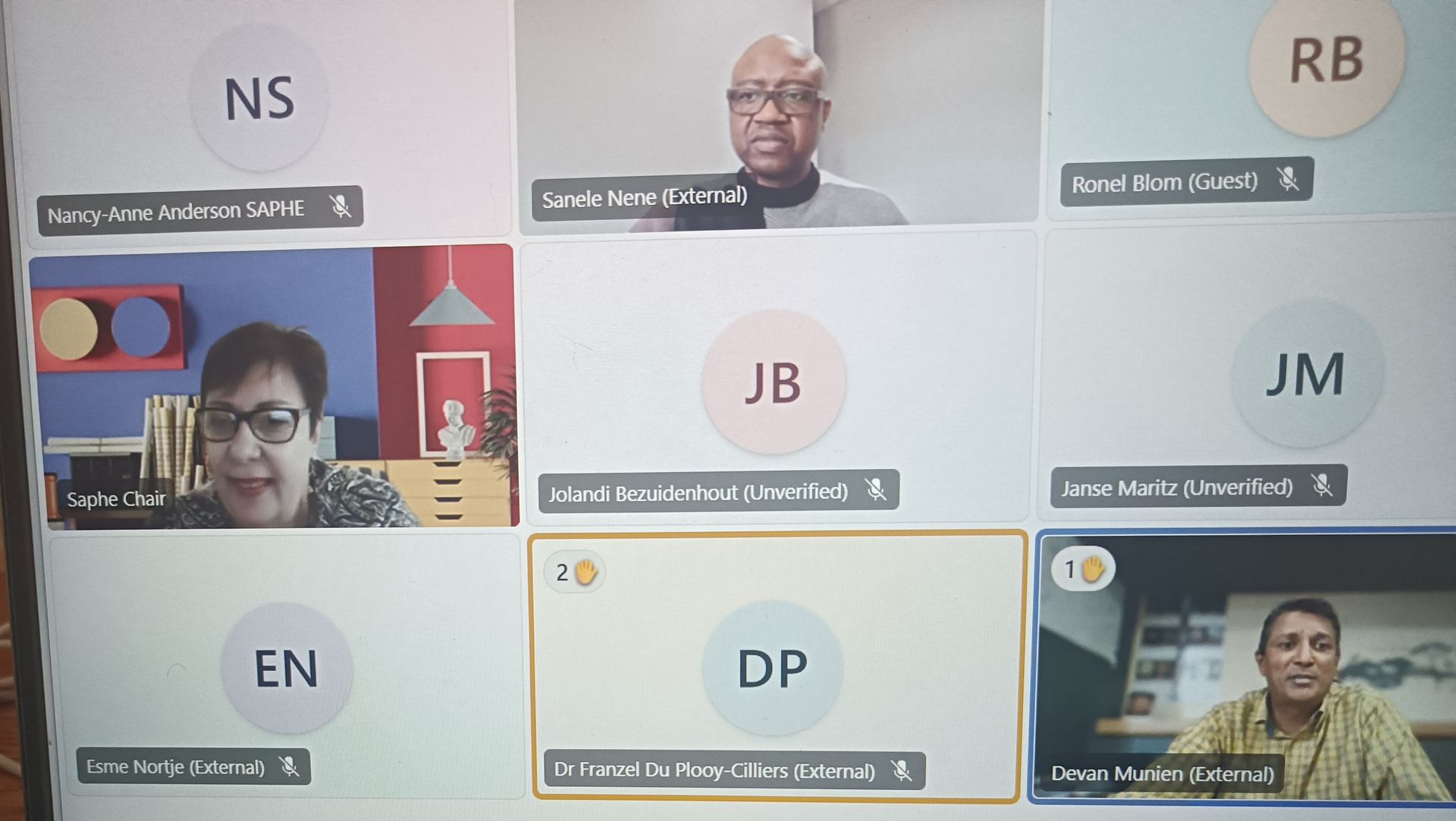SAPHE Conference sets the scene for valuable engagement

Academics, researchers, and higher education stakeholders from far and wide will gather at the IMM Graduate School on 7 November 2023 to deliberate on "Education with Impact," the topical theme of the SAPHE Conference.
Education with impact: A necessity, not a choice
"Education with impact is not a choice, it is a necessity," says Dr Jannie Zaaiman, SAPHE Chairperson and Conference Programme Committee Chairperson. "It is essential for preparing individuals to thrive in a dynamic, interconnected world, address pressing global issues, and contribute to a more equitable, sustainable, and prosperous future."
The SAPHE conference aims to showcase the positive impact SAPHE member institutions have been making through their research-driven activities. The topics covered in the sessions at this conference reflect the diversity and dynamism of the private higher education sector in South Africa.
From teaching and learning strategies for Deaf students to the impact of assessment strategy changes on student performance, to the role of online learning platforms in expanding access to higher education, speakers will be sharing their expertise on a wide range of important issues at the Conference.
A rigorous and non-biased review process
The Scientific Committee had a challenging task at hand. Over 50 papers were submitted, and it was their responsibility to select the top 14 presentations that could be accommodated within the one-day Conference programme schedule.
Dr Willy Engelbrecht, Chairperson of the Scientific Committee and Dean of Research and Postgraduate Studies at The Independent Institute of Education, says a stringent double-blind peer review process was followed to ensure a rigorous and non-biased evaluation of academic work.
A unique conference with a focus on private higher education
Prof Paul Singh, Member of the Scientific Committee and Head of Postgraduate Programmes at the DaVinci Business School for Leadership, believes that what sets the SAPHE Conference apart is its focus on private higher education. The research of faculty and postgraduate students from Private Higher Education Institutions (PHEIs) is prominently featured, providing evidence of the quality and outputs of research from this sector.
Benefits of attending
Prof Kiveshnie Naidoo, Director: Academic Delivery, Graduation and Academic Services at MANCOSA and a member of the Scientific Committee, underscores the manifold benefits of attending such a conference.
She highlights that the topic selection offers an opportunity for engaging in academic dialogues, and debates, and gaining insights into best practices that can assist academic leaders in navigating these challenging times. Engaging with a diverse group of participants broadens one's perspective and understanding of global education challenges. Furthermore, the conference can inspire fresh ideas and innovative approaches to higher education and lead to constructive feedback and valuable insights from peers. It also offers an excellent way to stay informed about policy changes, educational technology advancements, and other factors that may impact one's work and role in higher education.
Dr Engelbrecht also emphasises the networking opportunities the conference affords, enabling academics to engage with peers from other institutions to advance the research agenda within the PHEI sector and foster communities of practice.
Expectations and aspirations
Asked about his expectations and aspirations for this year's conference, Prof. Singh says he expects to meet and interact with researchers, thought leaders, and others who may have different views on the topics included in the programme. Furthermore, he believes the Conference has the potential to ignite an interest in doing research and publishing their work among attendees.
"It will assist in raising the quality of our research among member institutions," says Prof Singh. "It will also provide potential supervisors and external examiners an insight into the research areas, standard of research, and opportunities to collaborate with others from different institutions."
A platform for engagement
The SAPHE Conference will provide a platform for academics, both experienced and novice, to share their research within the PHEIs and their contributions towards the sector and its stakeholders, says Dr Engelbrecht. He concluded with the positive view that the event will nurture an environment conducive to establishing further research collaborations across PHEIs, thus advancing the vision of advancing the private higher education sector's role in higher education.



